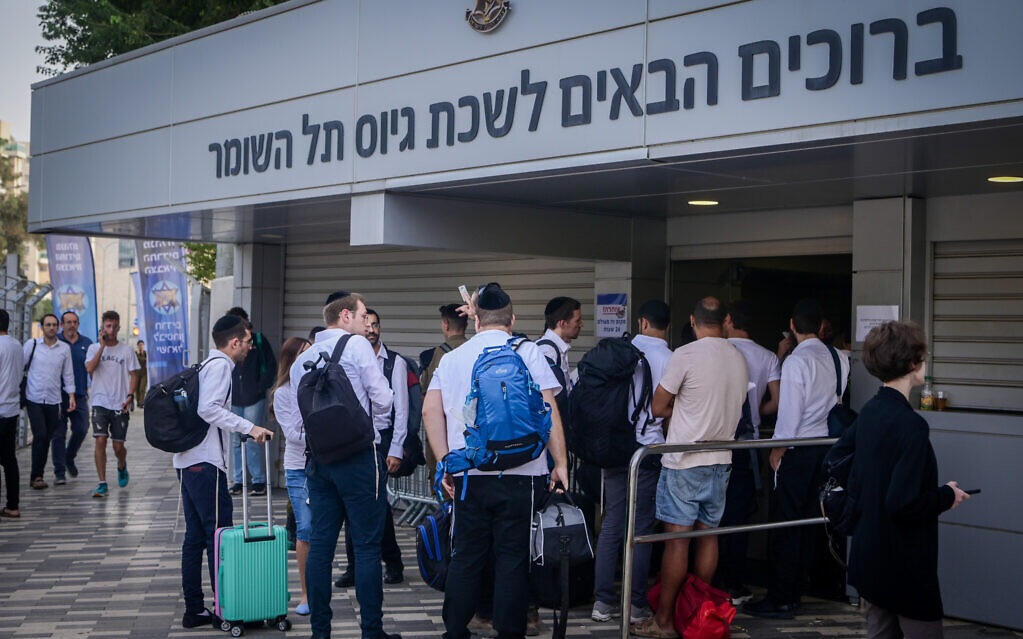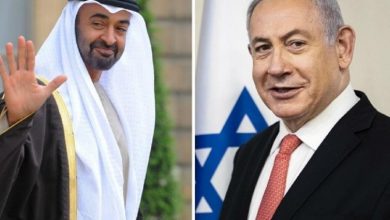Haredim’s Military Service Standoff: Israeli Anger and Army Shortages

Watan-The American newspaper, The Washington Post, confirmed in a report that some Haredim prefer exemption from military service and refuse to enlist in the Israeli occupation to compensate for the numerical shortage in the army during its war against the Gaza Strip.
Haredim, meaning “God-fearing,” are an ultra-Orthodox Jewish movement that rejects Zionism. The majority of them live in historic Palestine and the United States, with some residing in European countries. They adhere to Torah beliefs and ancient Jewish intellectual traditions, numbering around 1.28 million individuals.
The Haredim refuse to join the occupation
The report stated that a portion of Haredim strongly oppose being forced into military service, believing that they should spend all available time studying the Torah. They are concerned that Haredi youth sent to the army may never return to their religious duties.
This stance angers secular Israelis, as it allows Haredim to benefit from public funds while contributing little to the country’s defense, according to the American newspaper.
As the war escalates, opposition in Israel calls on Haredi sons to “sacrifice” by joining the occupying army. In an attempt to recruit members of the community, the Israeli army sought the assistance of a Haredi rabbi, but failed to achieve a significant response.
The numerical shortage in the occupation forces
To compensate for the significant numerical shortage in the occupation forces, Israel plans to raise the retirement age for reservists to 45 for regular soldiers, 50 for officers, and 52 for those serving in special missions, according to The Washington Post.
Since the outbreak of the war, the occupation army has summoned up to approximately 287,000 reservists, marking the largest call-up of reservists since the establishment of the entity.
There are widespread expectations that some of them will be summoned again as the fighting continues in Gaza, according to the Times of Israel.
It is worth noting that Orthodox Jews have long enjoyed exemptions from military service, viewing integration into the “secular world” as a threat to their religious identity and the continuity of their community.






